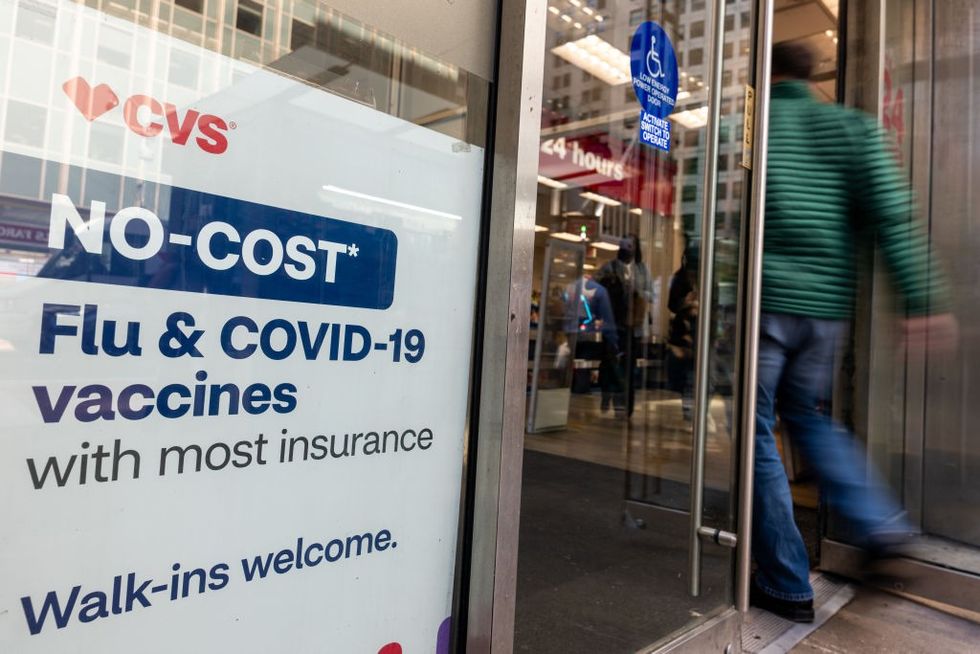A recent study has revealed promising results regarding the efficacy of a low-fat vegan diet in managing Type 1 diabetes and reducing the risk of heart disease.
Conducted by researchers at the Physicians Committee for Responsible Medicine in the US and published in the Clinical Diabetes journal, the study sheds light on the potential benefits of adopting a plant-based diet for individuals with Type 1 diabetes.
Type 1 diabetes is an autoimmune condition characterised by the body’s immune system attacking the pancreas, leading to impaired insulin production and blood sugar regulation.
Consequently, patients often require regular insulin injections to manage their condition. However, the study suggests that dietary interventions, particularly a low-fat vegan diet, may significantly reduce insulin needs and improve overall health outcomes.

Lead author Hana Kahleova, Director of Clinical Research at the Physicians Committee for Responsible Medicine, highlights the groundbreaking nature of the research, emphasising its potential to alleviate concerns surrounding the cost of insulin and enhance the management of blood sugar levels in Type 1 diabetes patients.
The study involved 58 adults with Type 1 diabetes who were randomly assigned to either a low-fat vegan group or a portion-controlled group.
Over 12 weeks, participants following the low-fat vegan diet experienced a 28 per cent reduction in insulin requirements and a remarkable 127 per cent improvement in insulin sensitivity.
These effects were attributed to changes in body weight, with participants on the vegan diet experiencing an average weight loss of five kilograms.
Notably, the study found that increased carbohydrate and fibre intake associated with the vegan diet contributed to improved insulin sensitivity and reduced insulin requirements. These findings align with previous research linking lower fat and protein intake to better outcomes in Type 1 diabetes management.
Furthermore, the study explored the cardiovascular benefits of the low-fat vegan diet, as individuals with Type 1 diabetes are at higher risk of heart disease. The researchers observed significant reductions in total cholesterol and LDL cholesterol levels among participants in the vegan group, translating to a decreased risk of cardiovascular events such as heart attack and stroke.
While acknowledging the need for larger trials to validate these findings, the study shows the potential of a low-fat vegan diet as a holistic approach to managing Type 1 diabetes and reducing associated cardiovascular risks.






 Post-surgery, Arjun experienced a significant improvement in his physical health /Lepra
Post-surgery, Arjun experienced a significant improvement in his physical health /Lepra







 Firoza and Rupali
Firoza and Rupali

